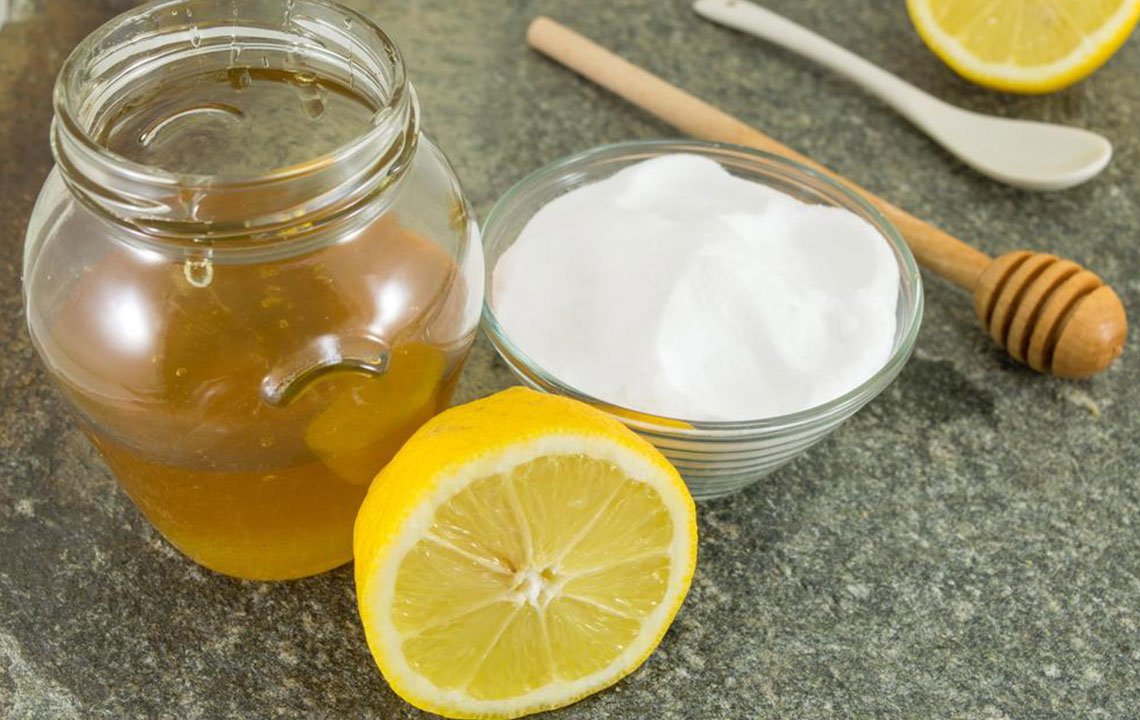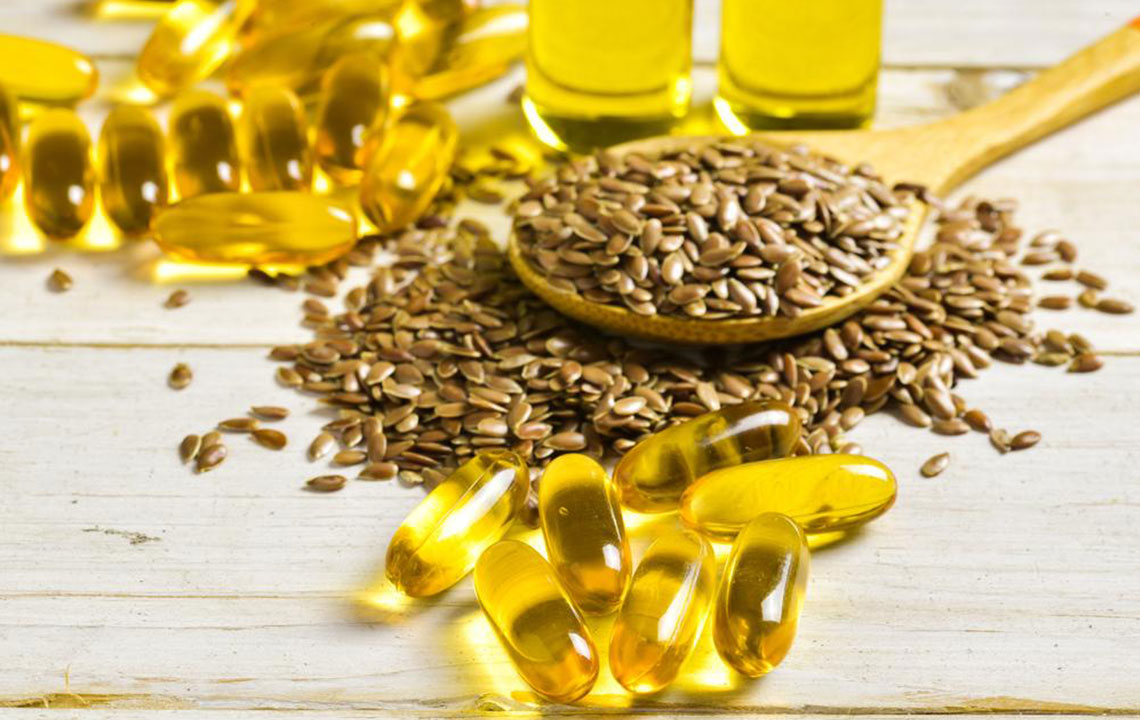Comprehensive Guide to 14 Natural Remedies for Joint Pain Relief
Discover comprehensive natural remedies to alleviate joint pain. This guide explores over 14 scientifically supported supplements and lifestyle tips to promote joint health, reduce inflammation, and improve mobility. Suitable for those seeking safe, natural alternatives to manage arthritis and other joint issues effectively.

Comprehensive Guide to 14 Natural Remedies for Joint Pain Relief
Joint pain and discomfort can significantly interfere with everyday activities, reducing your quality of life and limiting mobility. For many individuals suffering from various joint conditions, the challenges extend beyond just pain—there’s difficulty in moving freely, stiffness, swelling, and a persistent sense of discomfort. These symptoms often lead people to seek effective, safe, and natural ways to alleviate their pain. Fortunately, a wide array of natural remedies and lifestyle modifications can help manage joint symptoms, improve joint function, and enhance overall well-being.
Joint issues encompass a broad spectrum of conditions, most notably arthritis, which includes several types like rheumatoid arthritis, osteoarthritis, gout, and bursitis. Each of these conditions has its distinct causes and underlying mechanisms. For example, osteoarthritis results from the wear and tear of cartilage, while rheumatoid arthritis is an autoimmune disorder causing inflammation and joint destruction. Gout involves uric acid crystal buildup, leading to sudden, intense pain episodes. Understanding these differences is essential when exploring remedies, as management strategies might vary based on the specific condition.
Conventional treatments for joint pain often include medications such as NSAIDs, corticosteroids, or biologic agents, which can effectively relieve symptoms but may carry risks of side effects, especially with prolonged use. As a result, many individuals turn to complementary and natural therapies to reduce reliance on pharmaceuticals. Vitamins, herbal supplements, dietary adjustments, and lifestyle changes are increasingly recognized for their potential to alleviate pain, support joint health, and slow disease progression. Importantly, consulting with a healthcare professional before initiating any new supplement or regimen ensures safety, particularly because some supplements may interact with medications or have contraindications.
Choosing the right supplements is a critical step in managing joint discomfort naturally. Effectiveness can vary from person to person, influenced by factors such as individual health status, the severity of joint issues, and genetic predispositions. Therefore, it’s essential to look for scientifically supported ingredients, understand their expected benefits, and consider user feedback and clinical evidence when selecting products. A tailored approach to supplement use, combined with a proper diet and exercise, can maximize the benefits and lead to better joint health.
Below are some of the most popular and scientifically backed natural supplements known to aid in easing arthritis-related joint pain and improving joint function:
Glucosamine: This supplement is widely used to support cartilage health and reduce joint pain, especially with long-term use spanning six months or more. Glucosamine helps replenish the cartilage matrix, often resulting in improved mobility and decreased discomfort.
Chondroitin: Often combined with glucosamine, chondroitin exhibits anti-inflammatory properties and may slow the progression of arthritis. It contributes to maintaining cartilage integrity, thus alleviating joint stiffness.
Avocado Soy Unsaponifiables (ASU): Derived from natural plant extracts, ASU is particularly effective in managing knee pain associated with osteoarthritis. It has been shown to enhance joint function and reduce inflammation over continuous use.
Omega-3 Fatty Acids: Found abundantly in fish oil, omega-3s have potent anti-inflammatory effects, diminishing joint stiffness and pain. Regular intake can reduce dependence on pain medications and improve overall joint comfort.
MSM (Methylsulfonylmethane): A naturally occurring sulfur compound, MSM has demonstrated significant pain reduction in clinical studies when taken over a 12-week period. It also supports collagen production and joint repair processes, although safety data requires ongoing research.
Green Tea: Rich in antioxidants known as catechins, green tea helps reduce inflammation and oxidative stress within joint tissues. Incorporating green tea into your diet can provide a gentle but effective support for joint health.
Vitamin D: Adequate vitamin D levels are crucial for maintaining healthy bones and joints. Deficiency has been linked to increased joint pain, so supplementation may alleviate symptoms and support immune function.
S-adenosylmethionine (SAM-e): This naturally occurring compound promotes cartilage repair, reduces pain, and has been shown to be beneficial in osteoarthritis management. It may also have mood-enhancing properties which can improve overall well-being.
Boswellia serrata: Extracted from the Indian frankincense tree, Boswellia contains boswellic acids that possess potent anti-inflammatory effects, easing joint pain and swelling.
Capsaicin: Derived from chili peppers, capsaicin cream or topical applications block pain signals at the nerve level. It offers significant relief in osteoarthritis, especially for localized joint pain.
Turmeric (Curcumin): Known for its bright yellow pigment, turmeric contains curcumin, a powerful anti-inflammatory compound that can help improve joint function and reduce pain over time.
Cat’s Claw: An herbal remedy with anti-inflammatory and immune-modulating properties, cat’s claw supports joint health and can decrease pain and stiffness.
Gamma Linolenic Acid (GLA): An omega-6 fatty acid found in evening primrose oil and borage oil, GLA converts within the body into anti-inflammatory agents, helping to reduce joint inflammation and pain.
Managing joint pain effectively often involves a combination of approaches, including medications, dietary supplements, and lifestyle modifications like regular exercise, weight management, and physical therapy. Each individual’s response varies, so personalized treatment plans crafted by healthcare providers are highly recommended. Emphasizing natural remedies can complement conventional treatment strategies and promote healthier joints for a more active, pain-free life.





